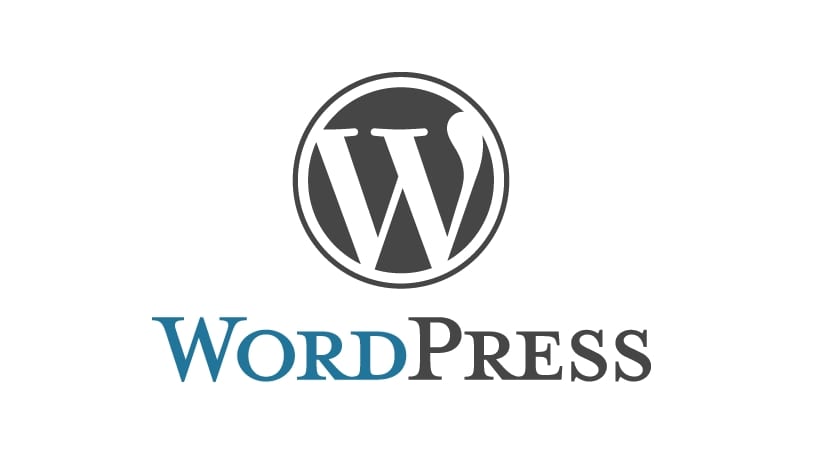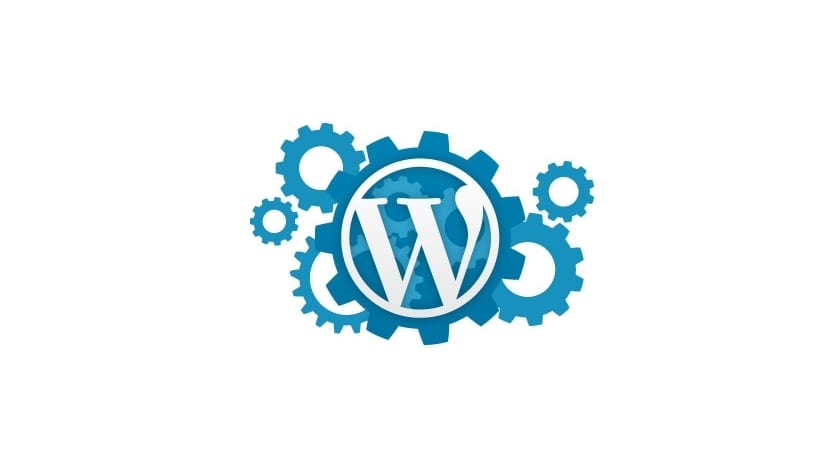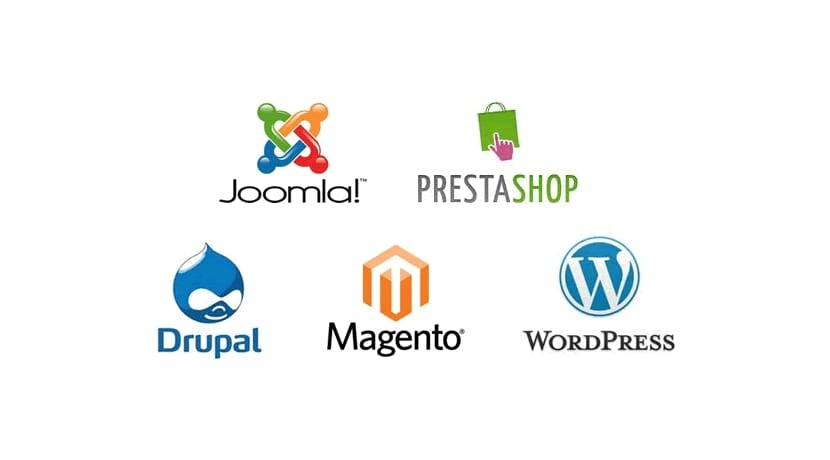
Once you have your hosting service or web hosting as we indicated in the first article and the platform for your online store set up, the next step is maintain the web fit. Without a doubt, whether you offer a service or if you sell products in an online store, it is necessary to take care of the website. Some people, myself, run away from unkempt web pages because it gives a bad feeling. It is the e-commerce equivalent of entering a store that is dirty, untidy or with a bad appearance, certainly you will not want to buy or return ...
When setting up a website, the designer usually take care of even the smallest detail, such as the themes of the web or the colors according to the niche to which it belongs, just as physical stores do. When you enter there is usually a pleasant temperature, perhaps background music to make you feel relaxed, in short, a climate that encourages you to buy more. They even tend to place the products according to their price at a certain height on the shelves so that they are the first ones you see and the most accessible, "forcing" you in a way to take the ones that leave the most profit to the store owners.
Introduction to WordPress

Well, our website, as we have been saying in previous posts, is WordPress, a CMS that in the next paragraph we will tell what that means. It is not the only existing platform, as we will see in the last section there are alternatives that I will detail so that you can choose your best option. For me, WordPress for a website (especially for blogs) is the best option for most, so we dedicate this section especially to it. In fact, it is the most abundant platform on the web.
WordPress is free and open sourceTherefore, it offers numerous advantages that some alternatives do not have. The WordPress Foundation is the one behind the promotion and development of this project. You can access WordPress.org for more information. The system is multiplatform, so it can work under any operating system. It was written using the PHP language by its main creator Matt Mullenweg, and is distributed under the GPL license.
The success of WordPress has its origin beyond the fact that it is free and free, since one of the strengths is that there are many designers and developers who do not stop creating extensions or plugins to add new functionalities to the platform, so that your website can enjoy everything what is necessary and more. In addition, its editor and control panel are quite simple and powerful. So much so, that almost a quarter of the existing sites on the Internet use this platform, leaving the remaining 75% to be shared between the competition and the remaining web designers. For all this, WP has won several awards recognizing its quality. However, it is not free of criticisms and vulnerabilities, of course these are being corrected with constant updates ...
Being so popular you can find a multitude of tutorials and help to give you support if something happens, something that is very important when selecting a platform. An example of them is that, if you have followed the other two articles referenced in the first paragraph and you already know SiteGround, now they offer Tricks to have an ultra-fast WordPress website, free e-book to speed up WordPress that you can download for free. The web hosting services site is committed to free projects and that is why it has created this guide with a multitude of groups to make our website fluid and not despair customers or users.
What is a CMS?

Well a CMS (Content Management System) is a content management system, that is, a software that allows you to create and manage a support structure or framework to have content on web pages. From the main interface of a CMS you can manage both the content, such as available databases, designs, and other configurations of the website to which it belongs. There are also several types, aimed at a public or a specific topic, such as Wikis, bloggers, forums, MOOCs, e-commerce, etc.
But the CMS must go beyond the web platform that the users they can see, you also need to have extensions or tools for other types of administrations, such as those of users who use your platform (editors, administrators, etc.), and you must do it in such a way that it is easy to access and manage user accounts . And it goes without saying that for security reasons, you must also implement backup systems to perform periodic backups so as not to lose even the slightest data.
How many CMS are there?

As I said, although WordPress is the most famous of the CMSs available, it is not the only one. There are many more CMS systems and you may even be interested in having several of them for your web framework. The logos that appear in the image in this section belong to the most important content management systems that exist today. Well, the most important ones apart from WordPress that we have already talked about are:
- Joomla!: specially oriented to portals and also free.
- Drupal: It is also free, it is another CMS oriented to portals like Joomla !. But it can be used for other purposes, since it is very flexible thanks to its modular system (forums, surveys, galleries, ...).
- PrestaShop: Well, this CMS, as its name suggests, is very ecommerce oriented. Therefore it is a good option to set up your online store. Its features include multi-store management, promotions, sales reports, analysis, etc.
- MediaWiki: it is free and free, it is quite popular and is aimed at creating wikis sites with documentation, tutorials or any type of information. To get an idea of its effectiveness, Wikipedia uses this system.
- Magento: the platform was created by Magento Inc (formerly Varien Inc), its license is not GPL like the previous ones. It also focuses on electronic commerce such as Prestashop, therefore it will have tools for product management, multi-store management, prices, invoices, statistics, etc.
- OwnCloud: We have talked a lot in LxA about this free project, as its name suggests it allows us to have our own storage system in the cloud. This in a home can mean a simple NAS system to access our contents from wherever we want, but lelvado to a powerful hosting can be a great download or storage site ...
- Moodle: is a great platform to set up a site for MOOC (Massive Online Open Courses), that is, it will allow you to have a great virtual education platform. E-learning is in fashion and with this free CMS you can set up your own online "academy" with everything you need for learning.
- Blogger: It is Google's alternative to WordPress, but honestly and in my personal opinion after working with both systems, the only advantage of Blogger over WordPress is its simplicity, the good positioning as a Google product and the integration of Google Adsense to monetize the site even if you don't have your own hosting, something that you can't with WordPress unless you have your own hosting.
- Copper mine: It is also a free project, in this case oriented to multimedia galleries. It allows you to easily manage and set up your own photo gallery.
- phpBB: if what you want is a forum, you can go to this free project. You have options to add extensions and MODs to add new functionalities and designs to our forum.
Although these are the most important, there are many more, but with these you have the basic needs more than covered. The other option is create the web page from scratch or go to a programmer / designer who creates it for you. Be careful because some designers use this type of platform as a base and then they usually charge a fool as if they had implemented it from scratch when all they did is some configuration and design change!
Do not forget to leave your comments, doubts or suggestions, they will always be welcome ...
The title of the article is Definitive Guide to Speed Up Your WordPress Page.
Where is the guide?
I've seen you list other cms, but haven't seen any acceleration.
There is the download link for the guide
the article expresses "definitive-guide-accelerate-page-wordpress", but they do not explain any of that …….
Incredible ... The title of the article has nothing to do with what you write ...
Thanks…. I see the link!